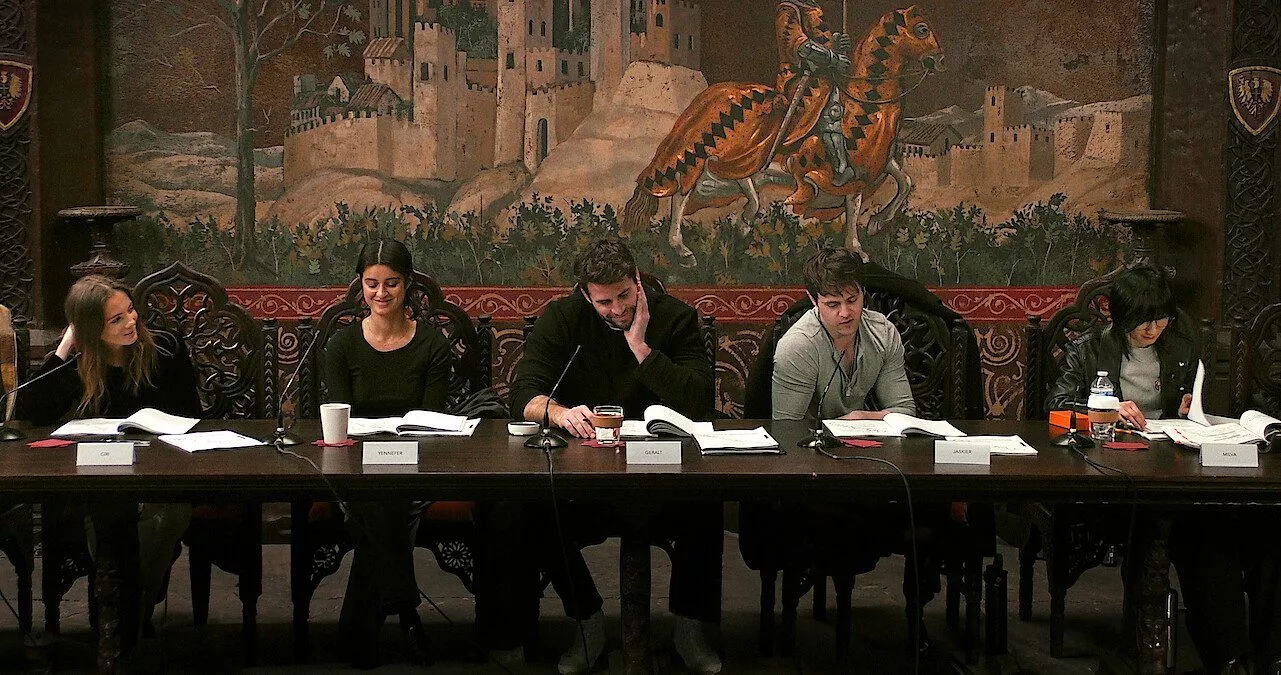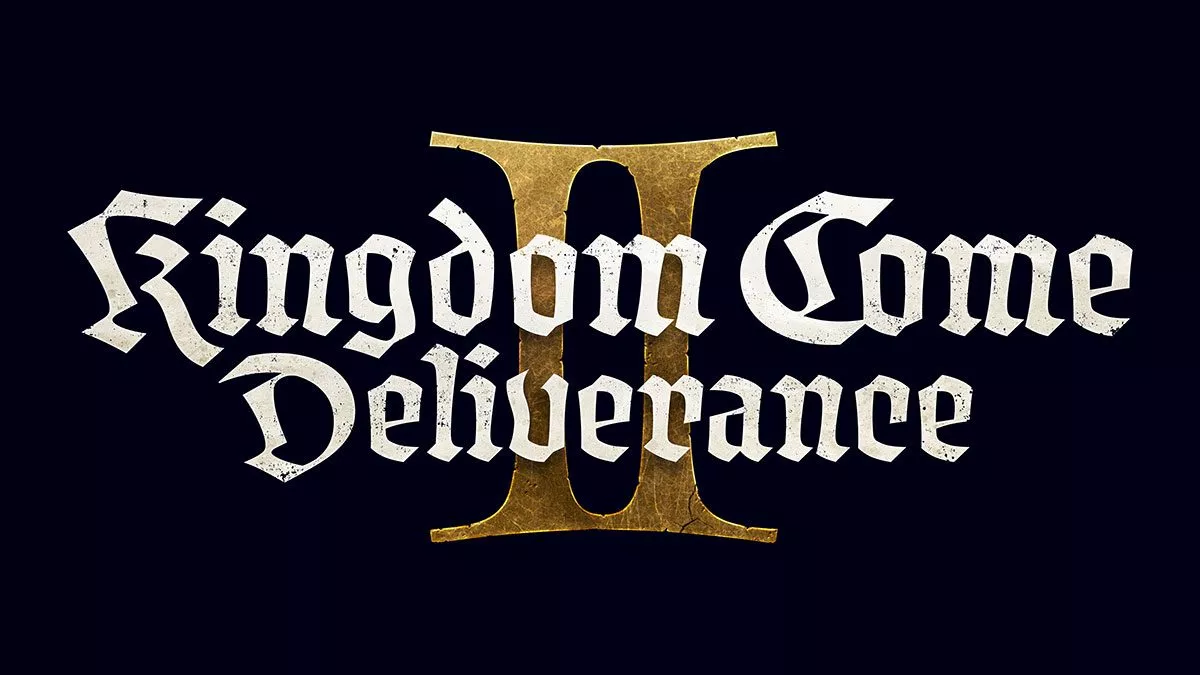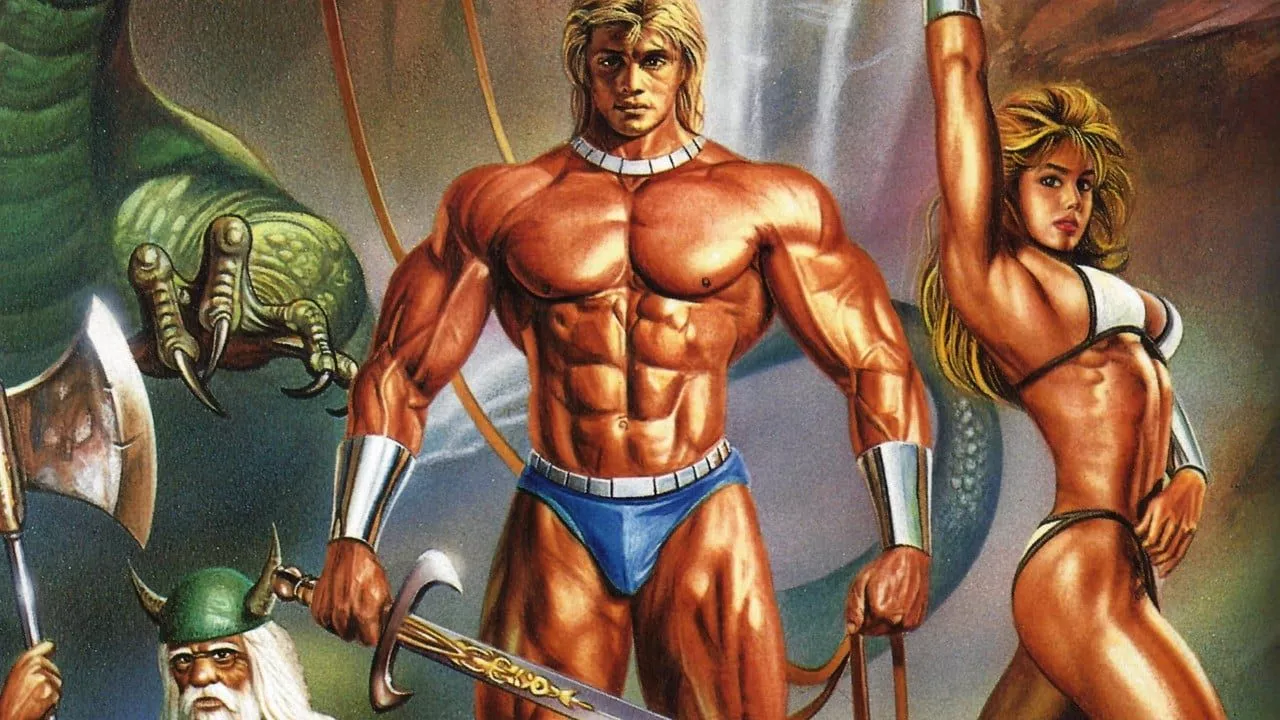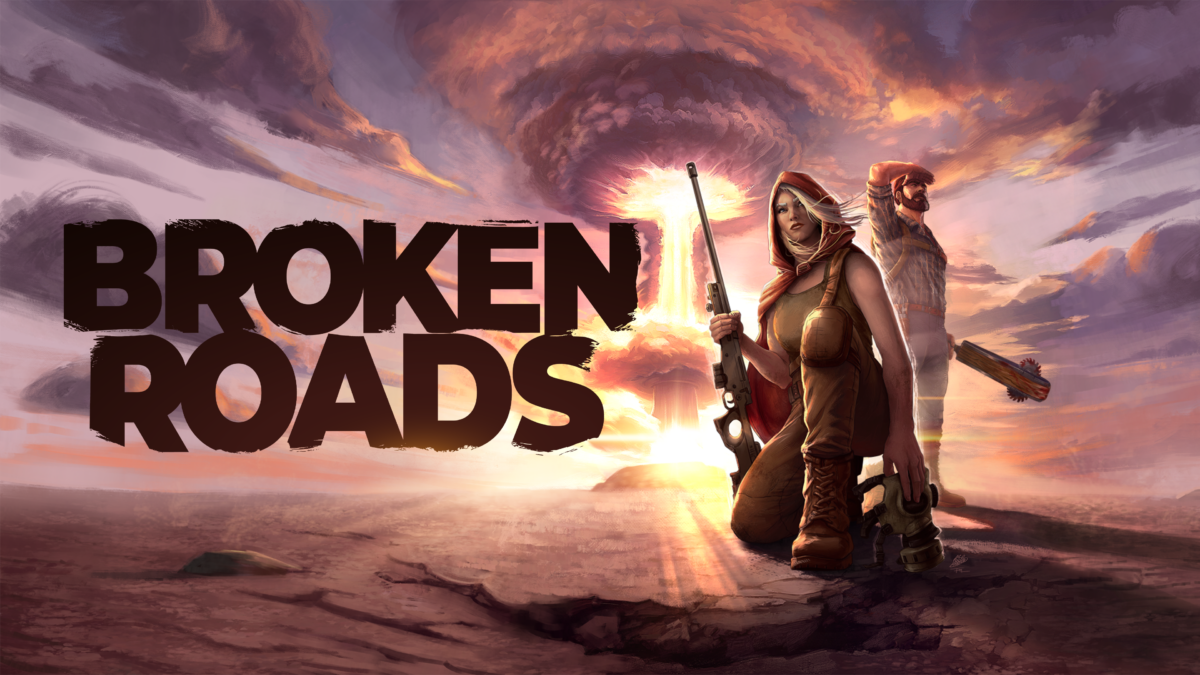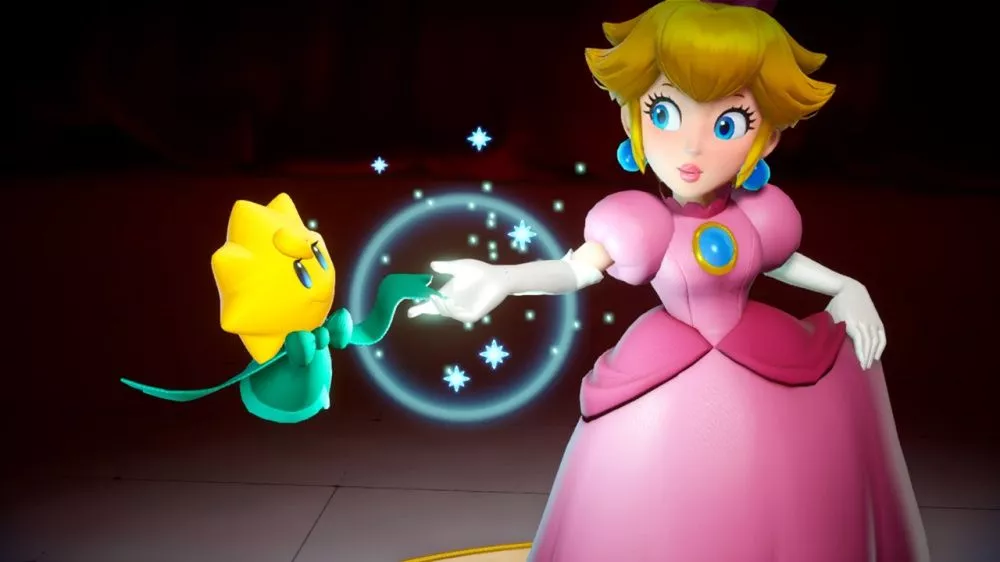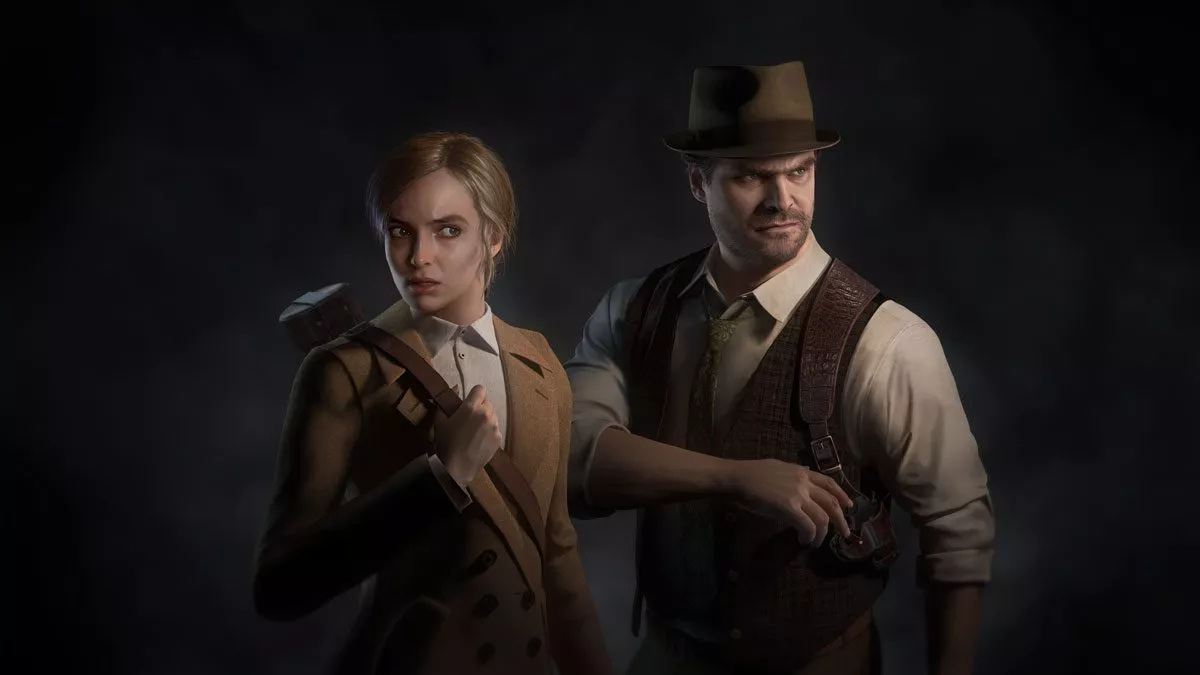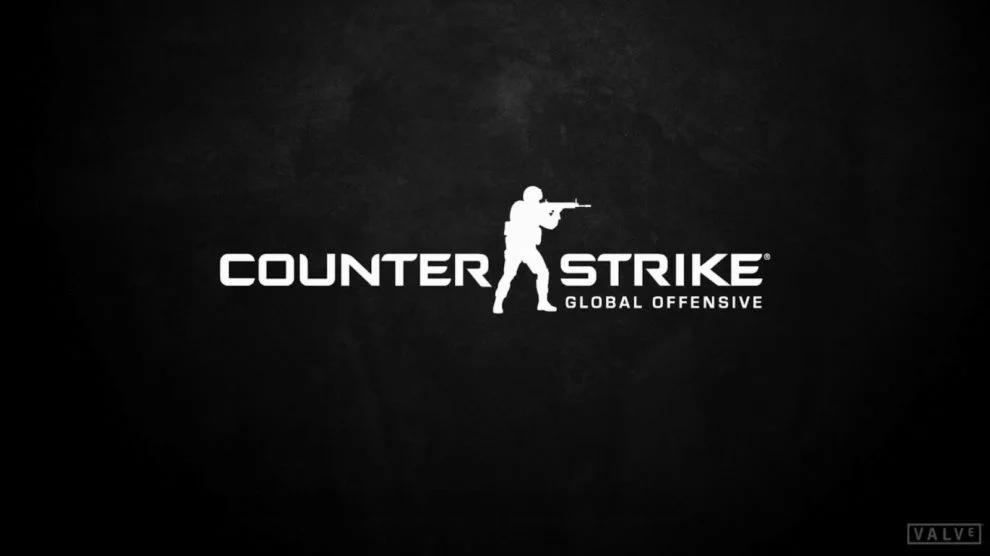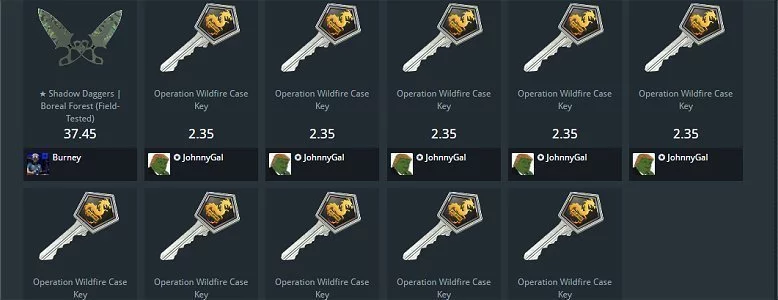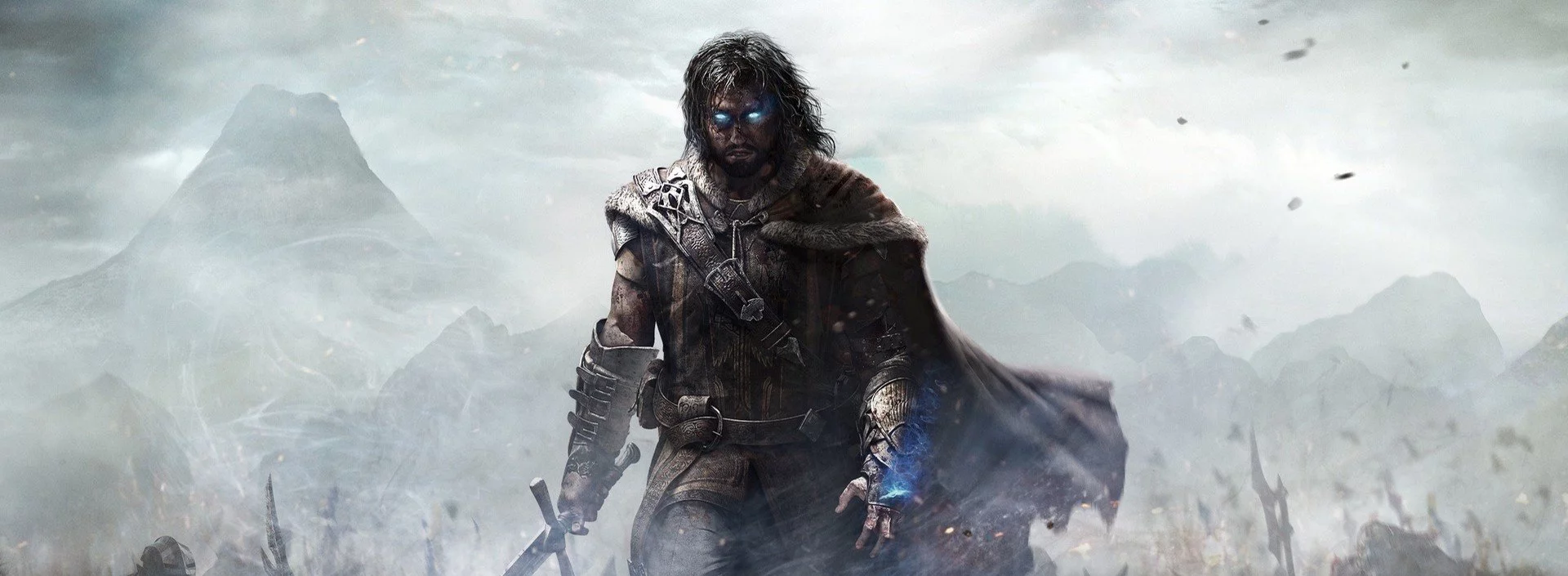Microsoft versus Sony, Battlefield versus Call of Duty and Forza versus Gran Turismo. These are some of the rivalries that can get people talking about console wars. “Game On or Game Over” is your place to get inside the minds of Nicholas and Andy as they seek to find the true meaning of gaming and tackle some of gaming’s most controversial subjects. Both are award winning authors – although the awards haven’t been mailed or created yet — but trust them. Would they lie to you?
Andy: I’ve been debating about discussing this topic or not. Part of me didn’t want to give those involved anymore lip service, but at the same time I really want to talk about this and get your opinion on it. So, I finally caved and decided what the heck let’s talk about it – so here we go.
The past couple weeks have been a whirlwind of news in regards to a pretty shady part of the internet. A part where not everything is what it seems, that there are multiple layers of what’s really going on, and where people are deceptively getting money for people (including minors). I’m of course talking about the entire CSGO Lotto fiasco that seemed to blow up overnight and only got worse and worse with each passing day.
The nickel version of what went down for those who somehow missed it – two popular YouTubers; Trevor Martin and Tom Cassell, were found to be the owners of a site called CSGO Lotto. Where players could bet skins for the game and essentially win money. Martin did several videos showcasing his amazing “luck” on the site and how much money he was winning there. At no time did he disclose he was the owner, but he sure encouraged his audience to try it out. Many of whom are minors. Once it was revealed Martin went into full PR mode and tried his best to manage the storm that was coming. Even going so far as to post an apology to YouTube… which he took down six hours later after he was widely mocked for not really apologizing for anything. A lawsuit against Valve for illegal gambling was amended to include both Martin and Cassel. Fast-forward two weeks and Valve has now given the CSGO Lottery sites an ultimatum to shut down cease using their API code to connect to Steam accounts or face further action.
Before I jump up onto my soap box and dive off the deep end I wanted to start this week with asking you what your opinion is about all this. How it played out, the apology that wasn’t an apology, how deep this actually seems to go, and the impact it could have going forward from here. What do you think?
Nicholas: I’ll be honest in saying that while I’ve heard about this CSGO Lotto fiasco, I’m not really aware of what’s being going on, why it’s so significant and the what the ramifications are of it all. To kick off, I just watched what I believe is the Trevor Martin video and it’s pretty hilarious to say the least. You’re completely right when you say he really didn’t apologise for anything in the video, and if anything just seemed like more of a brown-nose and him talking about how he did nothing wrong. I think for me that’s the kicker – it’s one thing to not apologise, but it’s another thing to make an ‘apology’ video and then essentially tell your viewers that you’ve in the clear.
I feel like there are two main points to discuss in this situation, the first is disclosure and then the second is legality. Starting with disclosure, it seems to be something that’s been rife in the gaming community over the past few months. In Martin’s apology video he mentions that it’s known that he’s the owner of CSGO Lotto on the site, but I guess my question is two-fold – one, was that information easily locatable, and two, did he need to then state this in any video where he promoted the site? From a moral point of view, the latter should be a ‘yes’, but at the same time, does it matter? Would people use the site regardless if he was promoting it? It does seem like the Counter Strike community is a fairly large one.
You’re obviously more knowledgeable on this topic than I am though, so what are your thoughts on the situation, and what about the questions I’ve asked above? Can you elaborate on what the lawsuits are regarding?
Andy: All the knowledge I have on this has been acquired over the past three or four weeks when this was really hitting the news. Mostly because I’m not a PC gamer or a CSGO fan. I’ve heard about it, and a friend of mine talks about it once and awhile but beyond that there’s not much interest for me. With that said from what I have read the lawsuit first started off with the goal of nailing Valve for knowingly facilitating a system that allowed for illegal gambling. Following the news of CSGO Lotto and who owns it, Martin and Cassell were added into one of the suits.
Here are the things that stick out to me. At no time did Martin say he was the owner of CSGO Lotto, and to find out who owns the site you would have to do some pretty good detective work and follow the clues to get you anywhere close to an answer. Second, Martin and Cassell both actively promoted the site with YouTube videos – Martin being the most egregious as some of his video headlines were like infomercials/spam emails “How to make $5,000 in 10 minutes on CSGO” and the like. Third, much of the marketing was being done towards kids. Lastly, this applies to Valve and Martin/Cassell, it’s illegal gambling. There are no regulators to look over everything and make sure it’s on the up and up. That games aren’t rigged and that only those who are old enough to play are playing.
For me the illegal gambling part is bad enough, and trying to get kids to do it makes it even worse – but for me the biggest thing is how easily these lotto sites can be rigged for these big name people to use in making videos to then lure others into the trap. Case in point, from another CSGO lotto site (Steamloto) another YouTuber, PsiSyndicate admitted to taking money to make a couple of these gambling win videos. So in a nutshell it’s illegal gambling, there are no regulations for it and it can easily be fixed and manipulated. No wonder the CSGO betting community is a billion dollar industry.
According the FCC (Federal Communications Commission), if you actively promote something and own it, or are an employee for the company you absolutely must disclose that fact. Martin never did that, well he did – but only after the sh*t storm started to happen. This whole thing is like a rabbit hole once you get into it and start peeling back the layers it gets deeper and deeper. At this point I’m not really convinced we’ve gotten to the bottom of it yet. Being that you didn’t know as much about this, from the outside looking in, is this as shady and underhanded as it seems? Or are you a little more forgiving of it and in-line with what a few others have said in that; the people who participated on these sites knew exactly what they were doing so it’s all on them?
Nicholas: For me, it’s more a case of it being ridiculous, and I mean that with every aspect of this story and how it’s managed to even be a thing. The Counter Strike community is massive, and that’s perfectly fine, but to then go into gambling on skins and making money, this is where it all starts to seem so stupid. When I first started reading about this whole fiasco I wasn’t sure how the betting was taking place, so I thought people were betting on actual games and depending on who won, that would determine the winner of the bet, but it’s not even that. For those who were in the dark like me, gamers are just putting up their weapon skins from their inventory and a system determines the winner. That winner then gets to keep whatever has been put up. The betting can be between two people or a group of 10+.
I have one friend who’s a CS player and we’ve spoken in the past about high-value skins, but I could never take it seriously. It’s like playing a racing game and putting an actual dollar value on the paint job. Not the car itself, but the paint. This is where my head explodes on this entire situation, and it’s here that I’m dumbfounded as to how it’s even gained traction. I think it’s safe to say we both have a similar opinion on micro-transactions, and to me skins are in a similar vein. What I mean is, I recognise they exist, but I’d never spend money on them, and I don’t understand how there are so many people out there who would. Some of these skin bundles have values in hundreds if not thousands of dollars, and that’s absolutely insane. It seems like we’re not even talking about gaming anymore!
As for the potential that there are kids involved in this debacle, for me it just highlights the importance of parents being aware of what their children are up to. If a minor has been playing Counter Strike (which is another topic in itself) and they’ve earned some unique skins, fair enough. If they then decide to ‘gamble’ those skins and either win or lose them, that’s a consequence they’ll deal with and learn. If that kid purchased those skins using their parents’ credit card, well, that’s a whole other issue on parenting isn’t it?
When it comes to the issue of gambling itself, it’s already so rife that I feel this is merely an extension. There are countless gambling games that you can download to your phone that I’m sure heaps of children are playing. No-one bats an eyelid at that do they? I’m very much of the opinion that gambling is a waste of money and absolutely pointless, but if people decide to do it and they lose, it’s just their problem. Am I being too harsh or am I missing the point? If I’m honest, I’m more astounded that people are betting on something as fickle as the colour of their in-game weapons, rather than the fact kids might be betting.
Andy: I don’t think you’re being too harsh at all actually. With how people complain about micro-transactions, for items like skins to even have this type of market is baffling to me as well. I play a lot of games, I’ve played a lot of FPS games, and I can’t remember a time I ever played one and thought, “Oh man this skin on my gun is so amazing. I mean look at it. When people see this they’ll know I’m MLG!” Aside from the gun I’m using, or the car I’m driving, what it looks like doesn’t impact the game at all. For people to spend thousands of dollars to have a “cool” skin for a gun… I’ll be honest and say that I just don’t get it.
Moving on to the gambling aspect of this, as easy as it is to place most of the blame on the younger audience I really can’t put that much on them. Part of being a kid is trial and error. Yes, parents need to be aware of what their kids are playing and doing – but let’s be honest here, there’s only so much they can do. I think parents also expect, or can reasonably expect, websites won’t actively prey on their kids. One of the best examples of this is you have to be 13 to have a Steam account. On CSGO Lotto it had one little box that said “Yes I’m 18”, but there was no verification past that. For a billion dollar industry, there should be more than a simple checked box to help protect those who shouldn’t be using the site. It’s like a 14 year old going to a liquor store and the clerk saying “check here if you’re 21.” The kid checks the box and walks out with the alcohol.
The taking advantage of people and the complete and utter dishonesty is the thing I want to talk about now. I feel like we have only scratched the surface on the amount of dishonesty and shady practices that are prevalent on YouTube and Twitch from the “influencers” out there. Several weeks ago we had PewDiePie being brought up for his failure to disclose that he was being paid by Warner Bros’ to promote Shadows of Mordor. Just last year Tom Cassell (yes, the same person involved in the CSGO Lotto site) came under fire for actively promoting a game from a company that he was one of the founders of. I haven’t even brought up the idea of how Twitch personalities can get viewers to just give them money while they watch them play games. That is an equally baffling thing in my opinion.
Do you think we have only scratched the surface of the underbelly of gaming and those who profit off of the gamers? The so called “influencers”. I know I’m past the point of taking things at face value. I will always think of the ulterior motive, and wonder if someone is being paid by someone to talk about a game or just how they are connected to something. When people like Martin and Cassell get to the point where they are breaking federal laws while profiting from things, we’ve reached a point where regulating agencies need to step in and crack the whip to get everyone to start playing by the rules. Do you agree with that, or should this sector continued to be the Wild West where anything goes?
Nicholas: If we touch on the PewDiePie situation, I think his name was being unfairly dragged through the mud, and mainly because of the following that he actually had more than anything else. A lot of news outlets were quick to label him as guilty for not disclosing the deal he had with Warner Bros. when the fact of the matter was that he did. At the time the videos were uploaded there were no disclosure guidelines on YouTube, and PewDiePie had specified that it was a paid promotion at the bottom of his descriptions. Could he have disclosed it better, sure, but at the time and given the lack of guidelines at the time, he did as much as he had to and shouldn’t be receiving anywhere near the hate that he has been for the entire fiasco.
To answer your questions at the end, I think if nothing else it just highlights a very important element about the gaming industry. That being, it’s no longer just a small pastime of a few geeks and nerds, but a major industry and one that’s expanded well beyond the traditional sale of just video games. If you want a very recent example, just think about the impact that Pokémon GO has had on communities the globe over. Traffic congestion, injuries, fatalities and robberies – sure it’s a tad extreme, but none of this was happening when Pong was first released. It’s time that the industry isn’t just viewed as a hobby and rather something as important and influential as any other form of media out there.
It’s then interesting that I consider your question regarding the ‘underbelly’ of gaming, and while I don’t want to think of it as some sort of shady underworld, I think it’s fine (and correct) to say that if there’s any way that someone can exploit someone or a situation to make money, then they’ll do that – whether it’s in business or video games and promotion. You’re absolutely right though, as gaming gets larger and begins to expand out, there needs to be greater regulation from someone (not sure who though) to ensure that things are kept in-check. If any other gambling site would have been taken down, CSGO Lotto should be no different.
In your opinion, is there a reason why video games seems to be overlooked when it comes to things like this? Sure, there might be some talk online, but nothing truly comes to fruition. Do you believe this to be the case, or are the lawsuits against individuals like Martin and Cassell examples of this trend changing?
Andy: I think you answered your own question there. You, our readers, and myself all know video games are no longer a niche little hobby that’s played in dark rooms and by people who would rather not associate with anyone else. If the CSGO betting scene is a billion dollar segment, then it’s fair to say video games are no longer pocket change. Anytime there is that amount of money flowing through a segment it’s going to attract the really good people, but it’s going to attract some less desirable people as well. Those looking to make a quick buck at the expense of others.
I think that’s the group of people that are starting to come to the surface right now. They sure as heck don’t want to, but several are being dragged to the front of the line. I think we have reached a point in the evolution of this entire industry where anyone involved with video games, from making them, publishing them, marketing them, covering them, making content for them, etc. doesn’t want these negative/predatory stories. It tarnishes the name that many have worked a long-time to build up. So I do think we are at the tip of the iceberg in regards to change happening.
Your question though, even though it wasn’t really a question, is who regulates this? The easy solution would be to say video game insiders, but I don’t think that would work for two reasons. First – by its nature the video game community is tightly wound together. So I’m not convinced that “panel of people” could make totally unbiased decisions. Second, a panel like that would really have no teeth to it. They wouldn’t be able to stop someone from making a YouTube video or stop them from streaming a game. Unless, they also had the backing of Valve, Microsoft, and Sony where they could then ban accounts. I just don’t see it having much teeth.
That leaves up with government interaction, which when we’re talking about a billion dollar betting scene makes complete sense. There needs to be some teeth behind it, and there also needs to be follow through. I think Martin and Cassell are (or should be) made an example of as a deterrent for others. In the US there are already laws and regulations in place so they just need to enforce what’s there. I would assume the same is true for Australia as well. I’m guessing there are laws and regulations on the books all over the place, it’s just video games have been seen as a niche market so no real need to really look at it.
As we close out another week here I wanted to get your final thoughts on just that. Do you think this whole situation with Martin and Cassel, as well as how much “influencers” get from companies, and how much money Twitch broadcasters can get will ramp up the oversite of them? If someone has been paid to promote something that agreement needs to be up front and centre not buried at the bottom of a description doesn’t it? The less shady this whole thing is, the better off everyone will be. I think it’s time for this to be much more transparent. What do you think?
Nicholas: No, I think that’s completely right, and I do believe we are starting to see that happening. We’re never going to see the absolute end of these disclosure stories, because for as long as there’s a benefit, people will try to hide their affiliation, but I think the majority will move forward in the right direction while we have a few that straggle behind trying to get away with it as much as possible. The gamers and the community as a whole want transparency and they want honesty, so the wave is well and truly here.
As I wrap up this week’s article I wanted to touch on one final point, where an Australian Senator is pushing to make games like CSGO defined as ‘gambling’. Above we spoke about the fact that gaming is getting bigger, and with that growth comes the need for education – namely those from the outside looking in. It’s important that as gaming continues to develop that we shine a light on what is truly happening in this community of ours, and clear up any misconceptions. Are these CSGO Lotto sites gambling sites, yes, but is CSGO itself one – no. Similarly, Pokémon GO is not responsible for muggings, deaths and assaults, poor behaviour and not being safe is. All in all, just because we’re gaming doesn’t mean we’re exempt from the rules. Let’s continue to enjoy this hobby of ours and not be dicks about it in the meantime, yeah?
Tune in next time for the next instalment of Game On or Game Over. If you have any ideas for our next article, feel free to contact Andy or Nicholas on Twitter.
This article may contain affiliate links, meaning we could earn a small commission if you click-through and make a purchase. Stevivor is an independent outlet and our journalism is in no way influenced by any advertiser or commercial initiative.


